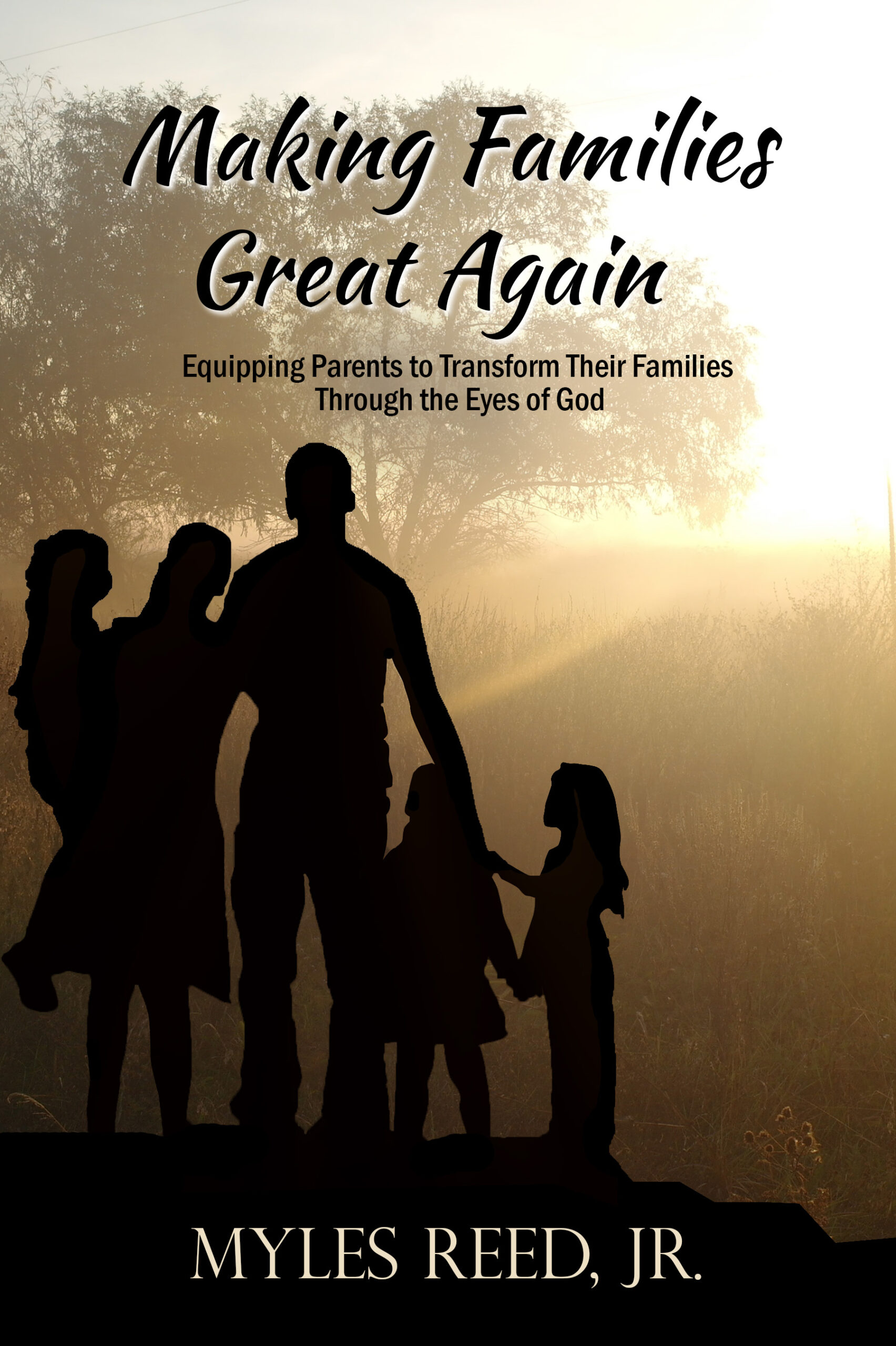A need to be forgiven is a feeling that will touch many hearts. The below paragraph does well. But if we can make it even better, readers might feel an urge to seek forgiveness themselves.
Great words from The Girl on the Train by Paula Hawkins:
So, I’m going to see a therapist! Which could be weird, but it could be a laugh, too. I’ve always thought that it might be fun to be Catholic, to be able to go to the confessional and unburden yourself and have someone tell you that they forgive you, to take all the sin away, wipe the slate clean.
What we might see for an improved version:
So I’m going to see a therapist, which could be weird—but maybe a laugh too. I’ve always thought being Catholic would be fun—to confess and unburden myself, having the priest say I’m forgiven, all the sin erased, the slate wiped clean.
Logic for making improvements:
- We don’t need a comma after “so.”
- Words, not punctuation should be used to raise the excitement. That’s why editors don’t like exclamation marks. We should remove the one at the end of the first sentence.
- The second sentence is a fragment that works better as a trailing phrase, with an em-dash instead of a comma to add focus to the ending insight.
- The word “too” no longer has to be set off with commas.
- “It might be fun” begins the clause with “it,” which is weaker than “being Catholic might be fun.”
- If she always thought being Catholic might be fun, then “might” is too weak. She thought it would be fun.
- Watch for that world “able” because the ability to do something is rarely the true focus. Instead of “to be able to go to the confessional,” we want “to confess.”
- The second-person expression “unburden yourself” makes her thought impersonal. In her deep point of view, the feeling is about her, not people in general, so we want “unburden myself.”
- “Someone” is indefinite. We should use “the priest” instead.
- Some Christians might object to saying the priest will forgive sins, so we can avoid that argument with “having the priest say I’m forgiven.”
- The two ending phrases can be tightened and focused better, making them stronger. Instead of “to take all the sin away, wipe the slate clean,” we could broaden the marker-board metaphor, using “all the sin erased, the slate wiped clean.”




 Character is a critical key to becoming a person of quality, and it starts in the home!
Character is a critical key to becoming a person of quality, and it starts in the home!